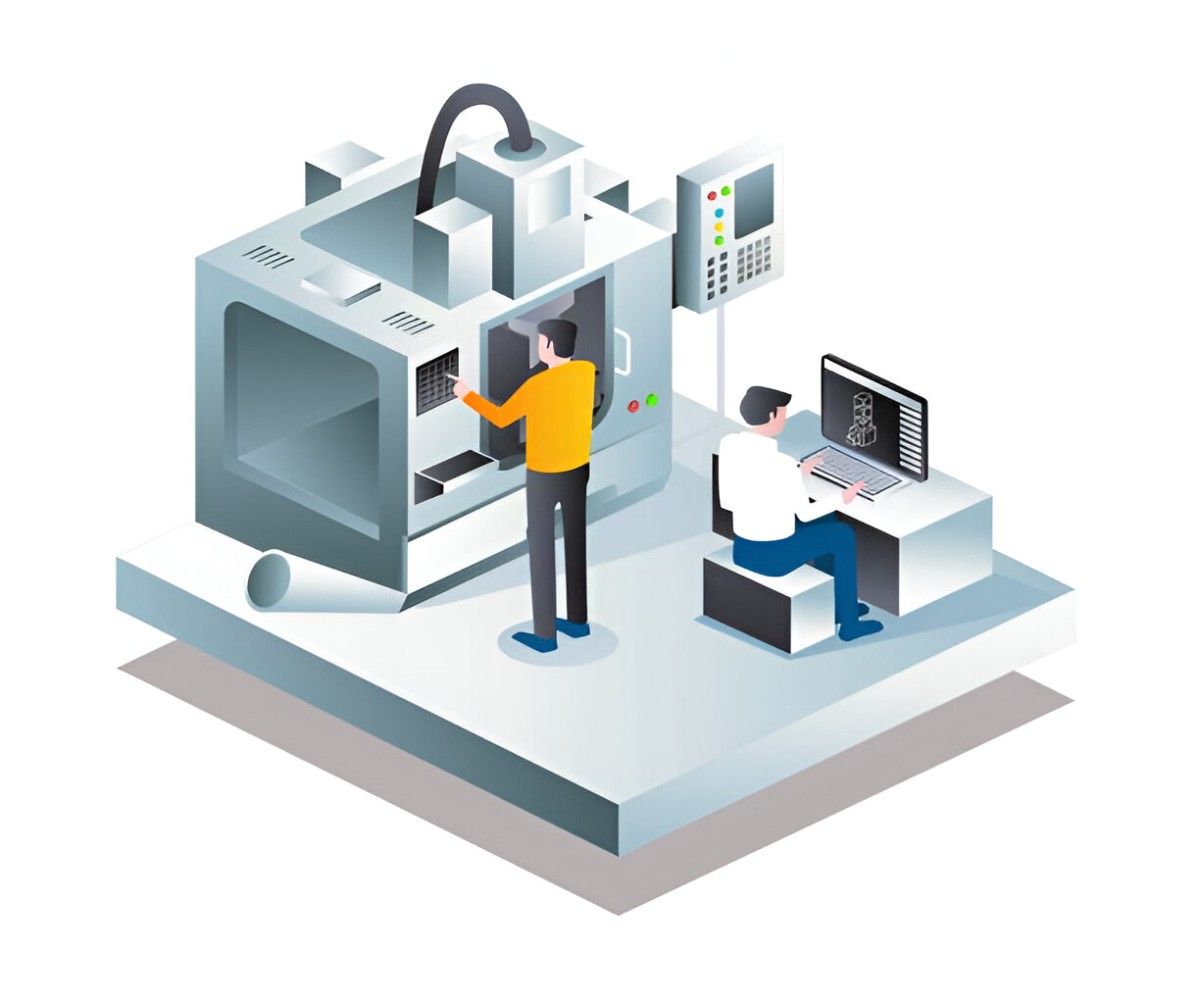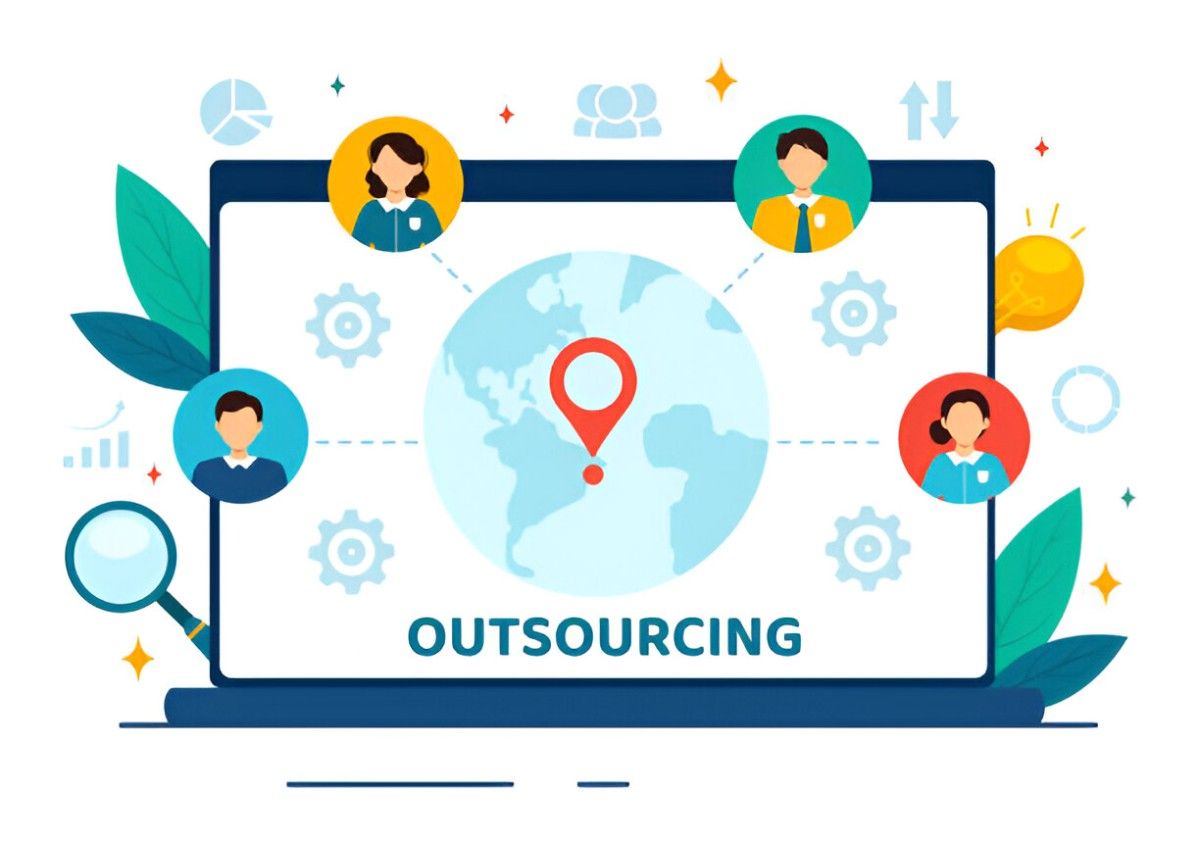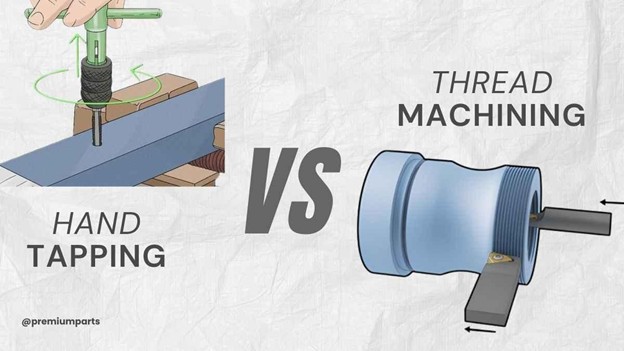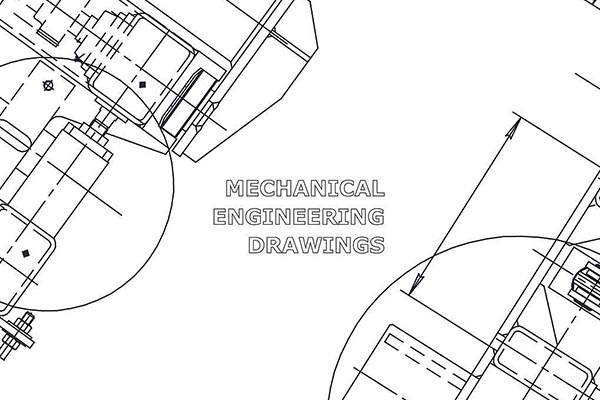 Outsourcing CNC Machining Projects
Outsourcing CNC Machining Projects
Image Description: The image shows why outsourcing CNC machining projects is important.
The Case for Outsourcing
For many small and large businesses, the benefits of outsourcing cannot be overstated. As most companies cannot handle all aspects of their businesses, so, it’s better to look to external suppliers to cultivate successful outsourcing partnerships for manufacturing projects.
As demand for products increases, most companies may lack the flexibility and capability to meet production volumes. In cases where in-house capacity becomes stretched, it is very challenging to build strategic partnerships with suppliers and take advantage of external production capabilities to meet the ballooning demand and avoid product scarcity.
When to outsource
Depending on what stage your business is in, you may not need to outsource your manufacturing. Most small companies and start-ups usually have just enough demand to deal with, but as demand begins to spike, the responsibility of the business immediately becomes to engage extra capacity to deal with the sudden increase in output. At this stage, organizations will need to seek quality partners that can produce a product or a part of a product for them.
The need to outsource may also arise when the supplier is located or positioned in a more geographically or economically-suited position. The business may outsource all aspects or only some aspects of its production to a third party. The need for outsourcing may also arise when it is simply the more cost-effective approach to sustaining the business’s margins.
Benefits of Outsourcing CNC Machining Projects
 Benefits of Outsourcing CNC Machining Projects
Benefits of Outsourcing CNC Machining Projects
Image Description: 3D Illustration of experts handling design and CNC machining for outsourcing benefits.
In the appropriate business environment, companies usually consider suppliers as business partners. As a result, an outsourcing agent becomes an extension of the company, bearing the responsibility of delivering quality products that meet the company’s standards.
The benefits of outsourcing can be qualitative and quantitative. For starters, outsourcing helps a company to deliver its goals at a comparatively lower cost and lower risk. Secondly, outsourcing can help both small, mid-sized, and established corporations meet market demand, bridge production, and avoid scarcity. The outsourcing agent is an extension of a business’s supply chain and can be the difference between the growth of a product and its decline.
Depending on the type of technology available, outsourcing may help a business diversify its production line and turnaround times. Outsourcing partners that stay in tune with industry best practices will own a mix of additive and subtractive manufacturing technologies. This can be of great advantage for rapid prototyping and idea evaluation on the go.
Finally, outsourcing agents can assist start-ups with low-volume manufacturing, which will help to avoid the generally fixed overheads of mass production or in-house production at certain volumes.
Creating the Right Partnerships with Suppliers
• Digitization
 CNC Machine Digital Panel
CNC Machine Digital Panel
Image Description: Close-up of CNC machine control panel.
A well-structured partnership between businesses and outsourcing partners must be digital and electronic. Design models and files should be accessible and shared over secure servers, and production machines should have some form of computer-assisted technology, such as 3D printing or CNC machining. The manufacturing process should be at least semi-automated, with prototypes ready to ship in several hours.
• Communication
Communication need not be conventional. As manufacturing and demand go hand in hand, a proper relationship will exist when businesses can make quick corrections via email and effectively communicate with their outsourcing partners at all times.
• Confidentiality
Outsource agents must be able to maintain confidentiality on the designs and nature of projects of all their customers. Since the cost of innovation can be quite high, companies must base outsourcing partnerships on trust and respect for data integrity, autonomy, and security. The manufacturing team should keep the ideas and innovations of each customer confidential, ensuring that prototypes or design iterations are never leaked to competitors or the general public.
• Supply chain and logistics
Companies may largely consider the outsourcing partner as an extension of their supply chain and procurement unit. Ensuring timely delivery of all production batches for further logistics or quality control by the owners is crucial to successful partnerships between businesses and suppliers.
Before finalizing agreements, it is essential to consider and evaluate key factors such as distance, terrain, accessibility, repeatability, and scalability. Companies should also carefully consider the quality certifications and production capacity of the outsourcing partner.
Why Choose Premium Parts For Outsourcing Your CNC Machining Project
 Reliable Outsourcing Partnership Services
Reliable Outsourcing Partnership Services
Image Description: Image depicting reliable outsourcing partnership services.
We are ready to create long-lasting relationships with all of our consumers. At Premium Parts, our dedication to quality is unrivaled. We offer high-quality manufacturing services at competitive rates and offer business partnership solutions to all small and large-scale businesses. Take advantage of our expertise and in-house capabilities today. Contact us here for all your outsourcing and production businesses.











